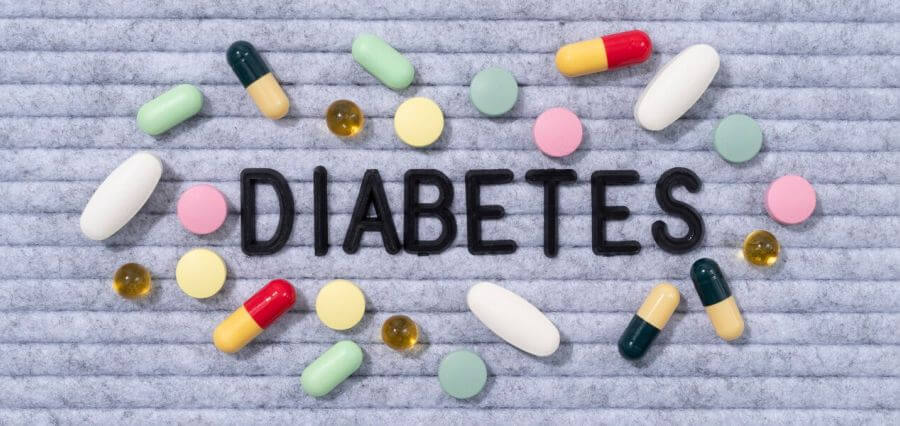What is a Pescatarian?
The term “pescatarian” is sometimes used to describe people who don’t eat fish or any other animal flesh or meat. A pescatarian, or someone who eats that way, eats fish and other seafood like shrimp, clams, crabs, and lobster in addition to a vegetarian diet.
To put it another way, a pescatarian is someone who eats fish, but not other meats like steak, chicken, pork, or beef. Instead, they only eat fish and seafood. They consume more than that. Additionally, pescatarians primarily consume vegetarian foods like tofu, beans, fruits, vegetables, dairy, and grains.
Pescatarian Diet
Pescatarian Diet In Italian, the plural of pesce refers to fish. The term “pescatarian” comes from this.
According to registered dietitian Cara Harbstreet, who is the author of The Pescatarian Cookbook and is based in Kansas City, “a pescatarian diet is one that prioritizes fish and seafood as the primary protein source.”
The Essential Guide for the Kitchen You can also choose to eat eggs and dairy in your meals and snacks if you follow this diet. This is not a fish-only diet. According to Harbstreet, pescatarians typically consume seafood at least twice per week. The rest of the feasts and tidbits are plant-based and are like a Mediterranean-way of eating.
Pescatarian diets are popular for two reasons, despite the fact that the term is not widely used and pescatarians are not actually vegetarians: One of their goals is to eliminate meat but still consume healthy protein.
The gradual transition to a healthy diet is another common reason to go pescatarian. They may eventually phase out fish and seafood using this strategy, but it will take time.
Many of the same issues that motivate people to become vegetarians or vegans are also reasons to adopt a pescatarian diet: a smaller impact on the environment and concerns about animal cruelty.
A pescatarian diet is also followed by some for religious reasons. Even though there are vegetarian alternatives like flaxseed oil and hemp foods, pescatarians frequently believe that moderate consumption of fish or fish oils, which are high in Omega-3 fatty acids, is necessary for optimal health.
Although fish is a good source of protein, a pescatarian diet should not be solely based on this fact. There are a lot of sans meat and without fish sources accessible to veggie lovers and even vegetarians, including eggs, low-fat dairy, beans, lentils, nuts, and that’s just the beginning. It is definitely possible to eat a diet high in protein without eating fish or meat.
Benefits of the Pescatarian Diet
The pescatarian diet emphasizes plant-based meals and seafood as the primary sources of protein and nutritious food. Similar to vegetarians, pescatarians avoid meat and poultry and eat whole grains, fruits, vegetables, nuts, and healthy fats on a plant-based diet.
Because of this, the pescatarian diet contains a lot of phytochemicals and omega-3s, which have many positive effects on one’s health, including lowering one’s risk of developing certain chronic diseases.
We should investigate a portion of those medical advantages:
- Reduces the Risk of Heart Disease and Strokes
Omega-3 fatty acids, which are found in fatty fish like salmon, sardines, and mackerel, aid in the reduction of plaque buildup in the arteries, which can lead to heart disease and strokes. Additionally, omega-3s reduce the risk of developing arrhythmia, also known as an irregular heartbeat.
In addition, this kind of fatty acid is good for the heart because it helps lower blood pressure, lower triglyceride levels, and reduce inflammation, which can damage the blood vessels and cause a stroke or heart failure.
Fish high in unsaturated fats, such as omega-3s, should be consumed at least twice a week to lower the risk of heart disease, according to the American Heart Association.
- Reduces the Risk of Obesity
Following a pescatarian diet reduces the likelihood of obesity. According to studies, women who followed a pescatarian diet lost 2.5 pounds (1.1 kilograms) less each year than women who ate meat.
It has been demonstrated that people who eat more plants don’t gain as much weight, suggesting that cutting out animal products may help people lose weight.
- Reduces the risk of Cancer
Consuming a diet high in fruits and vegetables has been linked to a lower risk of developing colorectal cancer. Research has shown that veggie lovers have 22% less possibilities creating colon malignant growth contrasted with omnivores.
However, the risk of not developing colon cancer rises to 43% when fish is included in a plant-based diet. Colorectal cancer risk is decreased when fish is included in a plant-based diet. This may be related to the anti-inflammatory properties of omega-3 fatty acids.
- Reduce Diabetes Risk
Omnivores have a higher risk of developing diabetes than pescatarians do. Better blood sugar control, lower cholesterol levels, and weight management are all associated with a plant-based diet.
Additionally, it makes our bodies more insulin-responsive. This could be due to the fact that a plant-based diet can help reduce body fat, which makes insulin work better.
In conclusion,
following a pescatarian diet can be beneficial because it contains a lot of Omega-3 fatty acids, which can aid in the fight against diabetes, obesity, heart disease, and cancer. In comparison to a vegetarian diet, a Pescatarian diet allows for greater adaptability and has health benefits that can increase longevity.
Read More Blogs: Click Here















